Community
Copyright@ Australian Catholic University 1998-2025 | ABN 15 050 192 660 CRICOS registered provider: 00004G | PRV12008
Copyright@ Australian Catholic University 1998-2025 | ABN 15 050 192 660 CRICOS registered provider: 00004G | PRV12008
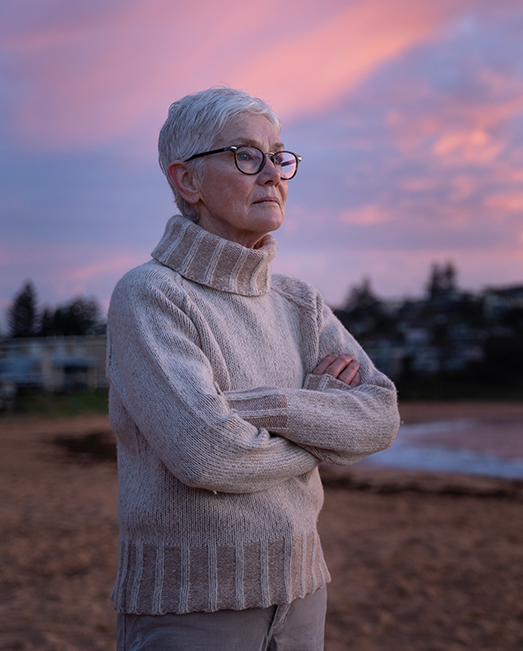
Nurse Christine Shanahan has worked the wards of Sydney’s hospitals, but she’s also treated sexual violence victims in Sudan, diagnosed diseases from a tin shed in Timor, opened a pharmacy in post-Soviet Turkmenistan, and nursed her way around a series of Australian outback hospitals.
Christine began her nursing training when she was a teenager, but it took her another 29 years to finish what she started.
“The dream never wavered,” she said. It was after her three children completed high school and university that she was finally ready to enrol in a Bachelor of Nursing for herself.
“I was worried I was too old and couldn’t hack it,” she admitted. “I thought maths and chemistry were beyond me. But I did really well academically and surprised myself – and everybody else.”
After graduating and refining her practice in Sydney hospitals, Christine and her husband Michael, an internal medicine doctor, were both keen to volunteer their skills and give back to those in need. The pair joined Médecins Sans Frontières (Doctors Without Borders), which is a non-government organisation that sends health care workers into conflict and medical epidemic zones.
Soon after, they were on their way to Turkmenistan. “I had no idea where it was.” Christine said. “When I realised it was a post-war country in the former Soviet Union, I knew things would be different.”
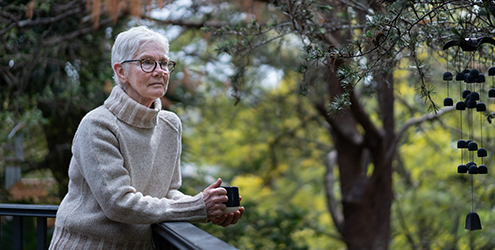
Christine Shanahan
Thrown straight into the deep end, Christine’s work in Turkmenistan centered on treating the country’s tuberculosis epidemic.
“I knew very little about the disease because you just don’t see it in Australia,” she said.
But she learnt quickly and ended up starting a pharmacy and training more than 600 local doctors and nurses in how to deliver the tuberculosis therapy known as DOTS (Direct Observed Treatment, Short Course).
“They were like sponges. They were so grateful to learn and absorb everything.”
After briefly returning home to Sydney, Christine and Michael were soon off again, this time to Darfur in Sudan.
“The country was in crisis and refugees were pouring in to escape the ethnic cleansing and genocide,” said Christine. “Admittedly, we didn’t know how dangerous it was going to be. But our own kids were grown and independent and we decided we could risk it.”
They were initially sent to Sudan’s Kalma Camp to open an acute emergency feeding centre for severely malnourished young children.
“The kids were all wasted away. It was the worst of the worst,” she recalled. “The conditions were appalling and babies were dying in front of us every day. We were also treating girls for venereal disease who had been raped repeatedly by soldiers. It was all incredibly distressing. You had to turn off most of the time.”
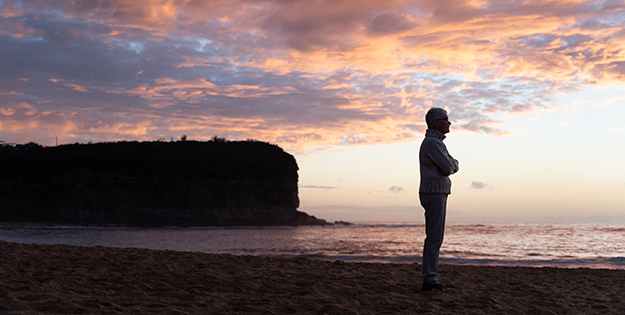
This was nursing like Christine had never experienced before and her responsibilities went far beyond traditional care.
“We organised the building of latrines and digging bore water wells,” she said. “We hired local staff and taught them how they could try to save the children’s lives. We also ran clinics every day. I’d be there looking down throats and listening to chests.”
Once the mission concluded, settling back into Sydney life proved equally challenging for Christine.
“It was a huge shock,” she said. “I couldn’t go back to ordinary nursing and I didn’t work for two years. You can’t shake it off. Those kids were the same age as my grandchildren.”
It took time to process how Sudan had got under her skin, and it was only after a casual conversation with her psychologist daughter-in-law that Christine saw things in a new light.
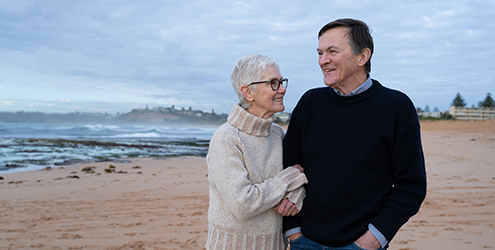
Christine and husband Michael
“I told her that sometimes I’d dream about those children and wake up thinking maybe if I had done something different with this kid or that kid, the outcome would’ve been different. She said to me, ‘Christine, that’s PTSD’. I had no idea.”
After taking time to heal, eventually Christine was ready for a new challenge and spent the next three years working intermittently with mostly Aboriginal and Torres Strait Islander patients in outback hospitals.
“I was thrown back into intense, fast nursing,” Christine said. “You’re very protected in Sydney, so when something’s hard it’s easy to say, ‘Oh, let the clinical nurse specialist do it’, but in the rural hospitals it was more a case of ‘Tag. You’re it!’, so you have to figure it out.”
Leaving the outback behind, Christine and Michael again returned to Sydney and a new door opened for Christine into palliative care. While initially hesitant to take the job, she soon discovered she had found her calling.
“You gain such an understanding of life, death and suffering, which enriches your own life,” she said. “It’s not joyous, but if you can help patients and their loved ones find some peace, it’s an amazing experience.”
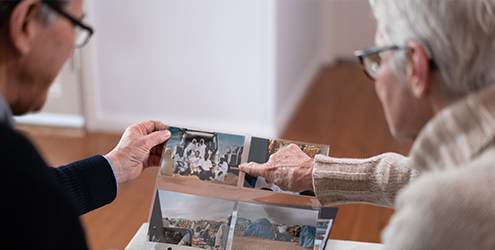
Next stop for the couple was a short trip to Timor Leste. “Once again, I did a bit of everything,” Christine said. “In Timor, three or four times a week we’d charge up mountain roads you’d never drive on in Australia. People who couldn’t afford to travel to the city would walk to us from miles around and we’d set up shop in a village, church or someone’s home.”
Nursing from mountainside tin sheds came with considerable challenges. “There was no way to lie patients down most of the time and examine them properly,” she said. “It was mostly chest and ear infections, and everyone had scabies with no running water to wash your hands.”
Now back in Sydney with her next adventure to be determined, Christine’s had time to reflect on what it takes for those dreaming of following in her footsteps.
“You must be willing to get your hands dirty. You have to know how to live rough and accept harsh conditions,” she said. “In Sudan and Timor our shower was a bucket of cold rain water, and it’s always hard to find trustworthy food. Then in Turkmenistan, the weather was so extreme – we had 50-degree heat and a snowy winter.”
However, she still believes there’s plenty of challenging opportunities for nurses closer to home. “Working in central Australia will build your resilience. Get as many skills as you can and put your hand up for every procedure.”
In spite of the immense challenges Christine has overcome since she first arrived at ACU as a nervous student who was scared she wouldn’t make it through her degree, she lives with no regrets.
“Absolutely none,” she said. “It was all worth it.”
Christine won the Community Engagement Award and Alumni of the Year Award in ACU’s Alumni Awards 2018. She graduated with a Bachelor of Nursing from ACU.
Copyright@ Australian Catholic University 1998-2025 | ABN 15 050 192 660 CRICOS registered provider: 00004G | PRV12008